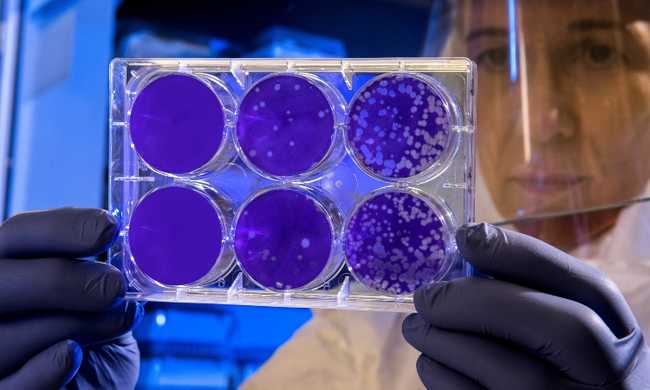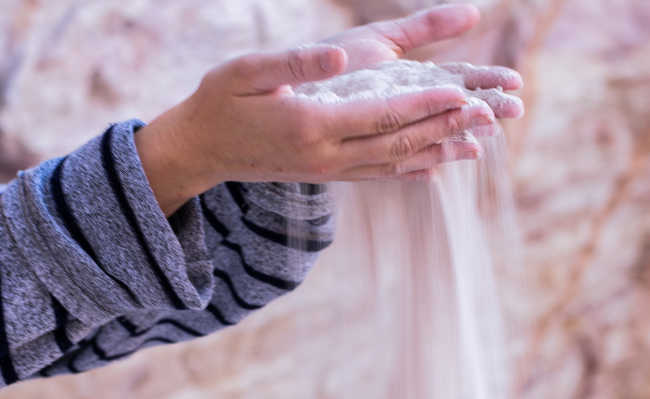According to a study, a restful night's sleep without going to the bathroom may be related to your genes
Japanese researchers find protein that may be responsible for controlling bladder capacity and preventing nighttime discomfort. See tips to avoid problem

Having to get up at night to go to the bathroom is pretty annoying, no doubt about it. If you think that the cause of the discomfort is only that water you drank before going to bed, you are wrong. Having to go to the bathroom at night can have a lot more to do with your DNA.
A team of Japanese researchers looked at the urine patterns of rats. What they found was that bladder muscle cells are generally regulated by circadian rhythms, which make up our internal sleep-wake cycle, and which can be influenced by our genes. A person with a "normal" circadian rhythm pees less at night. This gives your body time to rest and recover undisturbed. But rats with an unusual circadian rhythm urinate both during the day and at night, according to research published in Nature Communications.
The researchers also found that a specific protein, Cx43, which is found in bladder muscle cells and largely controlled by our genes, can determine how much urine our bladder can hold and how often we have to urinate. Mice with lower levels of the protein had to urinate more frequently during the night, leading many to believe that our genes could be responsible for the nocturnal discomfort.
Going to the bathroom at night occasionally or even once a night is not considered a problem, according to urogynecologist Beri Ridgeway. “It starts to worry when it happens two or more times during the night. This problem is called nocturia. It's waking up with the need to urinate, which is so strong that you can't go back to sleep until you go to the bathroom and empty your bladder," said the doctor to the website Mother Nature Network.
The research proves to be valid, since the Cx43 protein may be used in the future as a treatment option, making the bladder able to hold more urine. While we don't have this option yet, here are some tips for you to have a more restful night's sleep:
1. Drink less fluid before going to bed
Avoid drinking fluids, especially diuretics such as alcohol and caffeine, at least 4 hours before bed.
2. Relieve leg swelling
Elevating your swollen legs so that they are level with your heart for a few hours before going to bed can reduce the urge to urinate at night. “When we lie down, our body absorbs fluid from swollen tissues, which goes to the kidneys to produce urine,” says Ridgeway. That way, by raising your legs before bed, you're eliminating this extra fluid, decreasing your chances of having to go to the bathroom later.
3. Adjust your biological clock
If your internal clock is a little off, try setting it so that you go to the bathroom during the day and rest at night. Exposing yourself to the sun and eating on a regular schedule helps a lot in this task.
4. Stay away from the salt shaker
Eating lots of salt or foods high in sodium (like frozen foods, for example) as well as protein and potassium can cause your body to store extra fluids and increase urine output at night. Therefore, avoid foods laden in salt at night.
5. Get moving! do physical exercise
Exercise helps to regulate the circadian rhythm, which is all about getting a good night's sleep.
6. Visit your doctor
If you think your bladder is working overtime, talk to your doctor. There are medications that can help reduce the urge to go to the bathroom.
Source: Mother Nature Network










